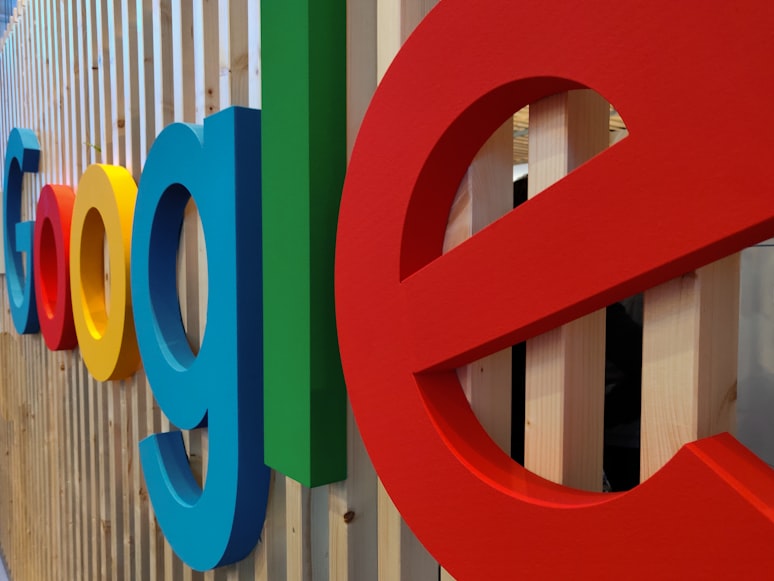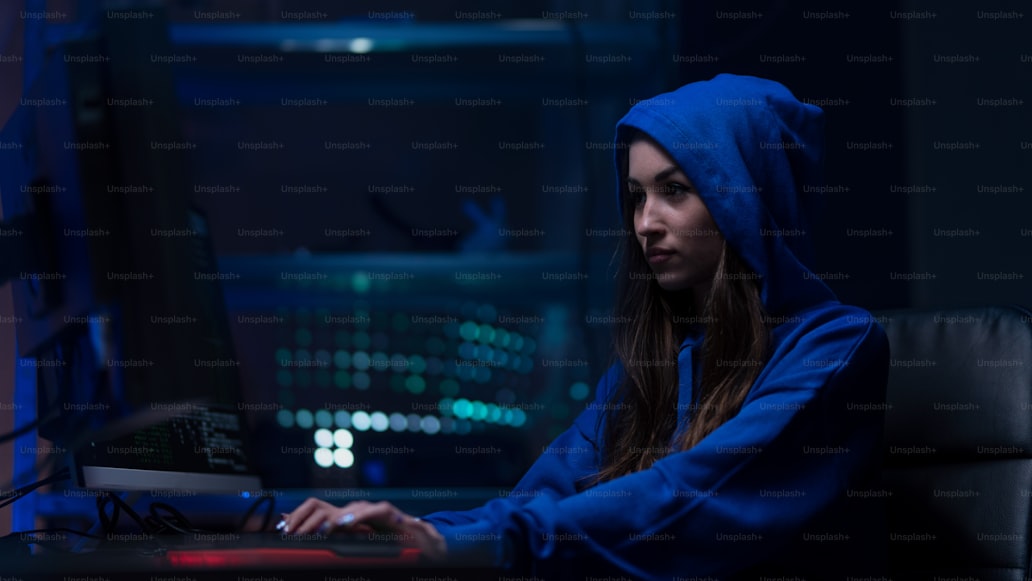So in the recent news Linwei Deng, a former Google engineer was charged with stealing AI secrets and this has made me to think about trade secret theft very seriously. I got touched by this case since I am one person who is so much into technology including its ethical use. This is not a story of single individual’s wrong doing alone but rather it reflects on wider matters within the tech world concerning international competitions and securities.
According to allegations, Deng Linwei stole more than 500 top-secret files from Google. These files were not ordinary in nature; they contained important information that deals with Google’s supercomputer data center infrastructure, a significant component for developing and training massive AI models. This type of information is highly valuable as well as confidential. The fact that it could have been accessed by anybody else before being taken away for personal reasons makes it both shocking and disappointing.

Image source
However, what is more concerning is the wider context in which this theft took place. It emerged that Deng was not only working at Google but had been hired secretly by two Chinese companies as well. One of them, Beijing Rongshu Lianzhi Technology, purportedly even paid him a fat cheque to serve as their CTO while he still worked for Google. In addition, he founded and ran his own tech company in China. His working for several organizations at once and running a business in China on top of that showed there existed a remarkable conflict of interest and breach of trust on his part to work with Google. This leaves me thinking about the kinds of measures corporations have put in place to avoid these things.
The story doesn’t just end there. By the time Google found out about Deng's actions, he had already made plans to leave the country and had booked a one-way flight to Beijing. Therefore, it appears that Deng was aware about how serious his conduct was and sought ways of avoiding being held responsible for it later. It goes without saying how vital internal security measures are within technology firms. While it shows the efficacy of some robust systems that eventually apprehended him by following up on his activities and alerting the relevant authorities; hence, there’s need for more preventive mechanisms going further into future.

Image source
The participation of top US officials, including the Federal Bureau of Investigation (FBI) and the Department of Justice, speaks to the gravity of this matter. It is not just about companies but also national security. The theft of such technologies could have profound global repercussions because AI and advanced technology are at the cutting edge of global competitiveness. When a United States Attorney and an FBI Director unequivocally say that these actions jeopardize national security, it raises the geopolitical stakes.
I find it particularly worrisome that this is part of regular allegations against China as having been involved in intellectual property theft by its own firms. This case is being portrayed as another instance whereby some Chinese companies may want to get ahead unfairly by stealing American innovation. It’s a grim thought that further complicates already strained US-China tech ties.
In my opinion, this incident should be a warning to tech companies and policymakers. Because of this event, it is clear that technology companies have to tighten up their security and ensure all personnel who have access to sensitive data are properly checked and closely watched over. It has become common now for regular audits to be done on handling of confidential information.
For legislators, the instant case fairly suggests that we need stronger regulations and international understanding to protect intellectual property. Visible penalties must follow such acts and nations must come together in order to avoid the misapplication of sophisticated technology.
More than a news story, the Linwei Deng case reflects on how software development and other technology innovators often have to deal with trade secret theft. Additionally, it tells us that while technology is advancing in leaps and bounds, this growth does not come without checks and balances. We must also remember to secure what our hands have worked for as we venture further into unknown territories of invention. This incidence acts as an important reminder for everybody within the tech industry.
Posted Using InLeo Alpha